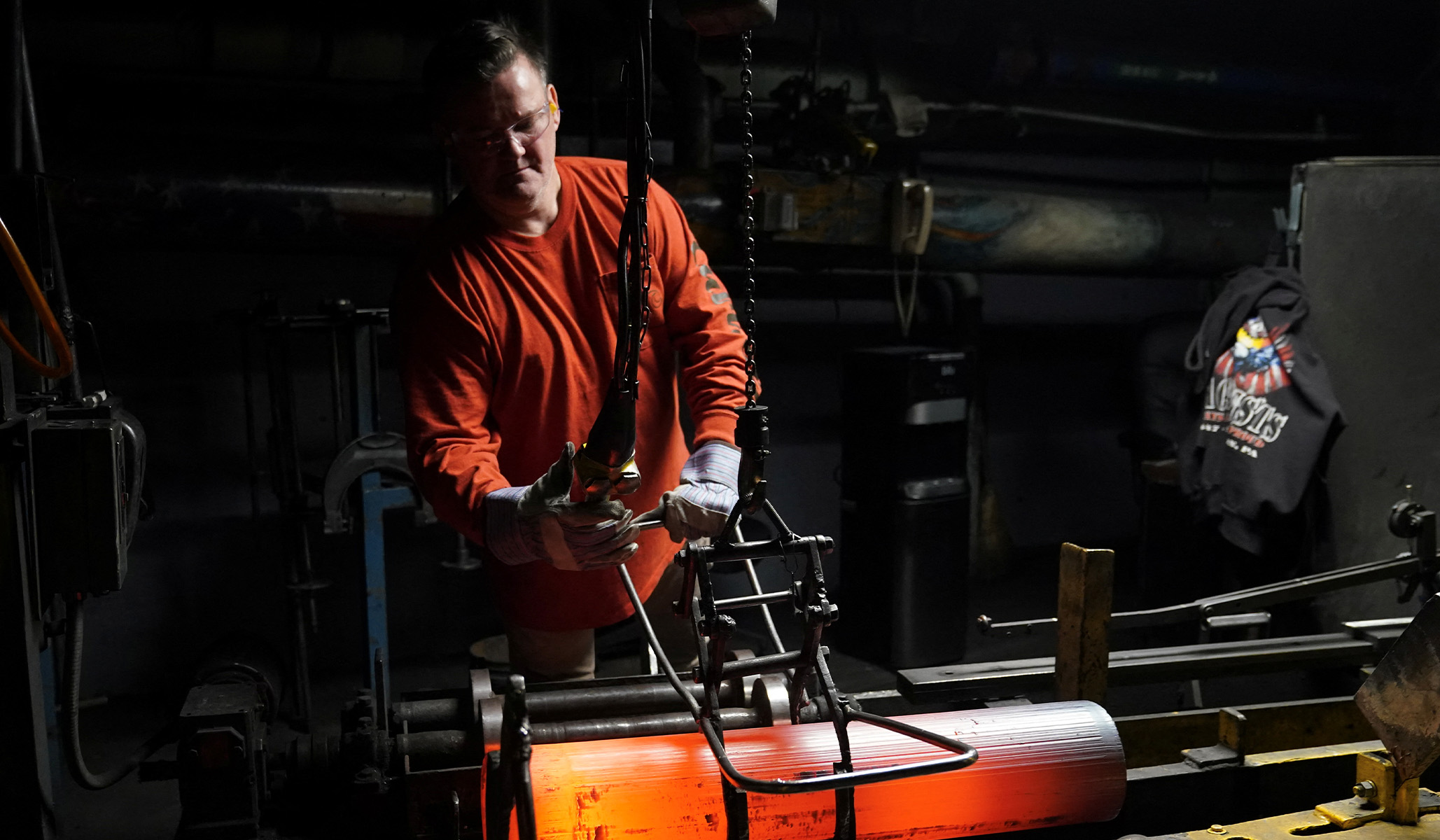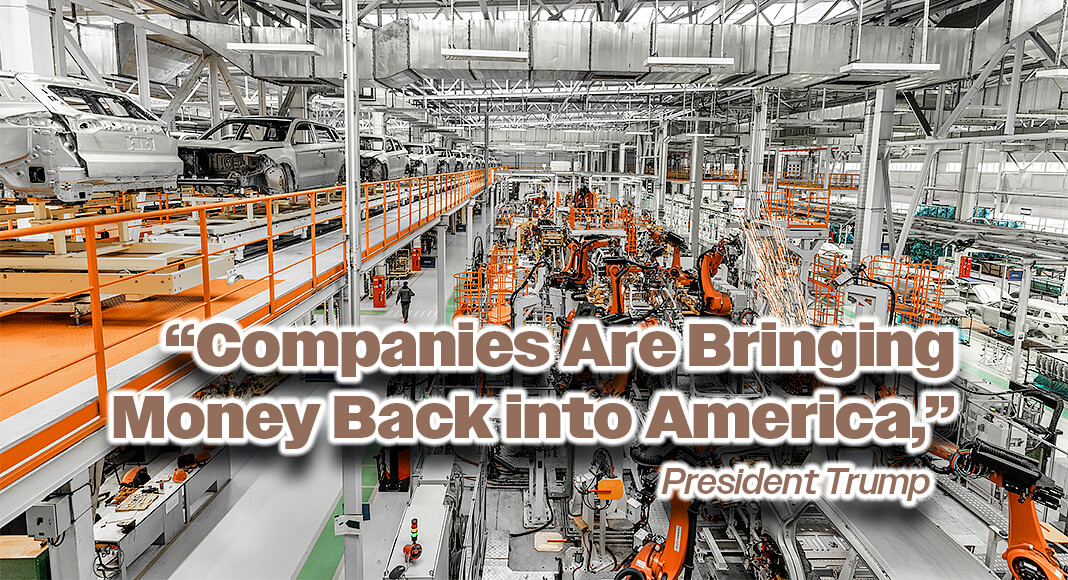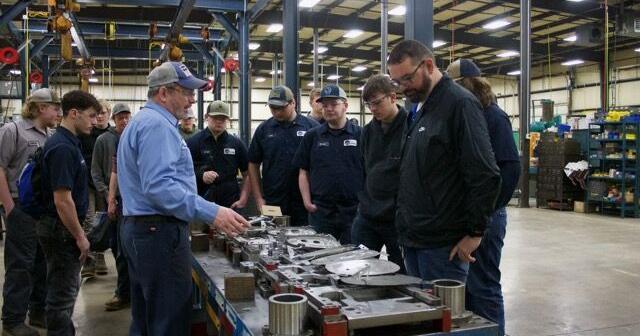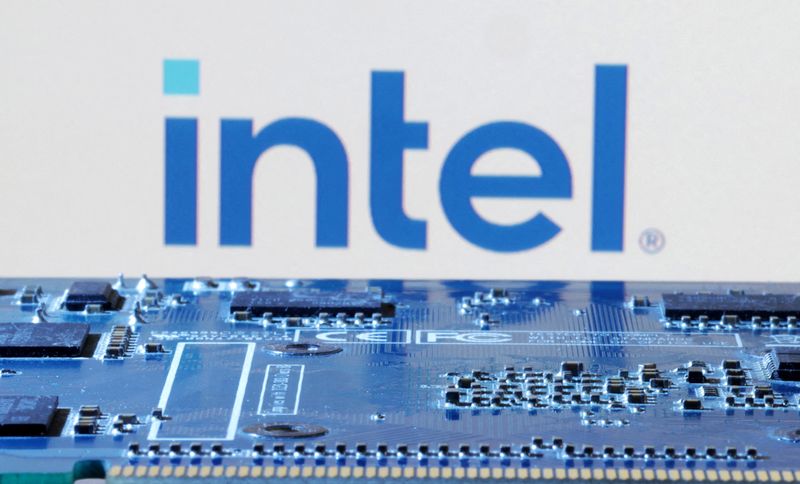Tax Breaks Fueling Exodus: How America's Incentives Are Killing Domestic Manufacturing
Manufacturing
2025-04-09 14:54:44Content
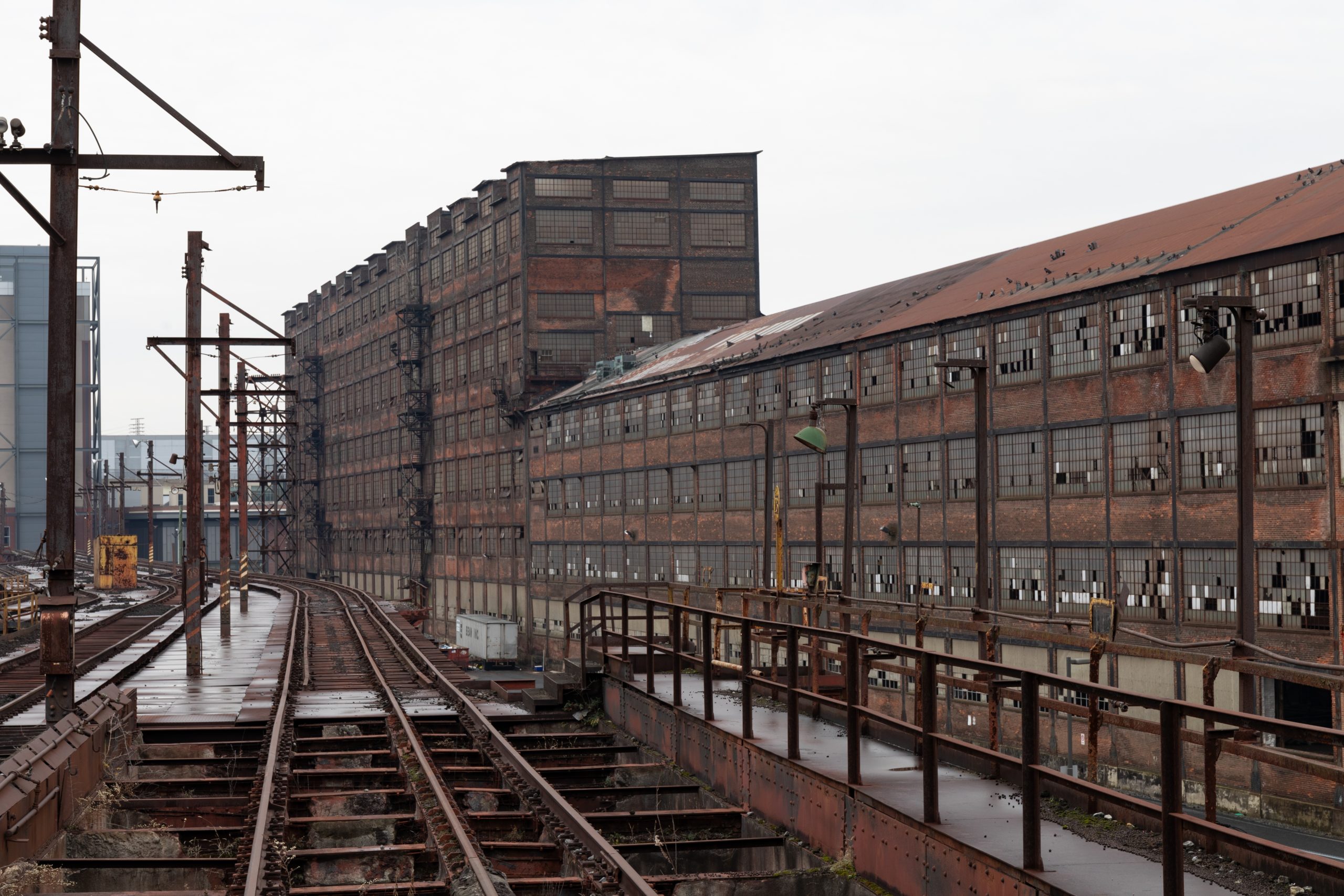
The decline of America's once-thriving manufacturing sector is a complex challenge that has been simmering for decades. While tariffs represent one controversial approach to addressing this economic erosion, they highlight the urgent need to revitalize an industrial landscape that has steadily lost its competitive edge. The current tax policy has not only failed to stem this decline but has arguably contributed to the ongoing economic transformation, leaving many manufacturing communities struggling to adapt and survive.
At the heart of this issue lies a fundamental economic shift: what was once a robust and dynamic manufacturing base has gradually been hollowed out by global competition, technological changes, and structural economic reforms. Tariffs, whether ultimately effective or not, emerge as a desperate attempt to protect domestic industries and signal a recognition of the profound challenges facing American manufacturing.
The underlying problem demands more nuanced and comprehensive solutions that go beyond simple protectionist measures. Reinvesting in workforce training, supporting innovation, and creating a more competitive tax environment could be more sustainable strategies for rebuilding the manufacturing sector's strength and resilience.
The Unraveling of American Manufacturing: A Complex Economic Tapestry
In the intricate landscape of global economic dynamics, the United States finds itself grappling with a profound transformation that has fundamentally reshaped its industrial identity. The once-vibrant manufacturing sector, which once stood as a beacon of economic might, has experienced a dramatic and seemingly irreversible decline, leaving policymakers, economists, and workers searching for sustainable solutions to revive this critical economic cornerstone.Unmasking the Hidden Costs of Industrial Decay and Economic Policy
The Systemic Erosion of Manufacturing Prowess
The American manufacturing landscape has undergone a seismic shift over the past several decades, characterized by a gradual but relentless dismantling of industrial infrastructure. What was once a robust ecosystem of production, innovation, and economic resilience has been systematically undermined by a complex interplay of global economic forces, technological disruption, and increasingly sophisticated international competition. Globalization has fundamentally altered the manufacturing paradigm, creating an environment where low-cost labor markets in developing countries have become increasingly attractive to multinational corporations seeking to optimize production costs. This structural transformation has not merely been a matter of economic efficiency, but a profound restructuring of industrial capabilities that has left entire regions economically devastated.Tax Policy: The Invisible Architect of Industrial Decline
The current taxation framework has emerged as a critical factor in exacerbating the manufacturing sector's challenges. Existing tax structures have inadvertently incentivized corporate behaviors that prioritize short-term financial optimization over long-term industrial sustainability. Complex tax codes, coupled with intricate international trade regulations, have created an environment where offshoring and capital relocation become more financially attractive than domestic investment and production. Multinational corporations have increasingly leveraged sophisticated tax strategies, utilizing legal mechanisms that allow them to minimize domestic tax liabilities while simultaneously reducing their commitment to domestic manufacturing infrastructure. This approach has created a self-reinforcing cycle of disinvestment that continues to erode the foundational strength of American industrial capabilities.The Tariff Conundrum: A Reactive Policy Landscape
Tariffs have emerged as a controversial yet seemingly inevitable response to the systemic challenges facing American manufacturing. While these trade barriers are often portrayed as a protective mechanism, they represent a complex and nuanced policy instrument that carries significant economic implications. The implementation of tariffs reflects a fundamental acknowledgment of the structural vulnerabilities within the current economic framework. However, these measures are inherently reactive, addressing symptoms rather than addressing the root causes of industrial decline. Effective industrial policy requires a more holistic approach that encompasses workforce development, technological innovation, and strategic economic planning.Technological Disruption and Industrial Transformation
The ongoing technological revolution has fundamentally reimagined the manufacturing landscape. Automation, artificial intelligence, and advanced robotics are rapidly transforming traditional production methodologies, creating both unprecedented challenges and extraordinary opportunities for industrial reinvention. Modern manufacturing increasingly demands a sophisticated workforce capable of navigating complex technological ecosystems. This transition requires substantial investments in education, skills training, and technological infrastructure – elements that have been systematically undervalued in recent economic policy frameworks.Geopolitical Dimensions of Industrial Strategy
The decline of American manufacturing cannot be understood in isolation from broader geopolitical dynamics. Economic competition has become increasingly sophisticated, with nations developing comprehensive industrial strategies designed to secure long-term economic advantages. Countries like China have implemented highly coordinated industrial policies that strategically target key technological and manufacturing sectors, creating formidable challenges for traditional industrial economies like the United States. This requires a reimagining of industrial policy that transcends narrow economic considerations and embraces a more holistic, strategic approach to economic development.RELATED NEWS
Manufacturing

Pharma Giant Novartis Unveils Massive $23B Manufacturing Boost, Targeting North Jersey's Industrial Landscape
2025-04-14 15:07:49
Manufacturing

Manufacturing Support Gutted: Democratic Senators Blast Trump's Funding Cuts
2025-04-11 18:39:04
Manufacturing
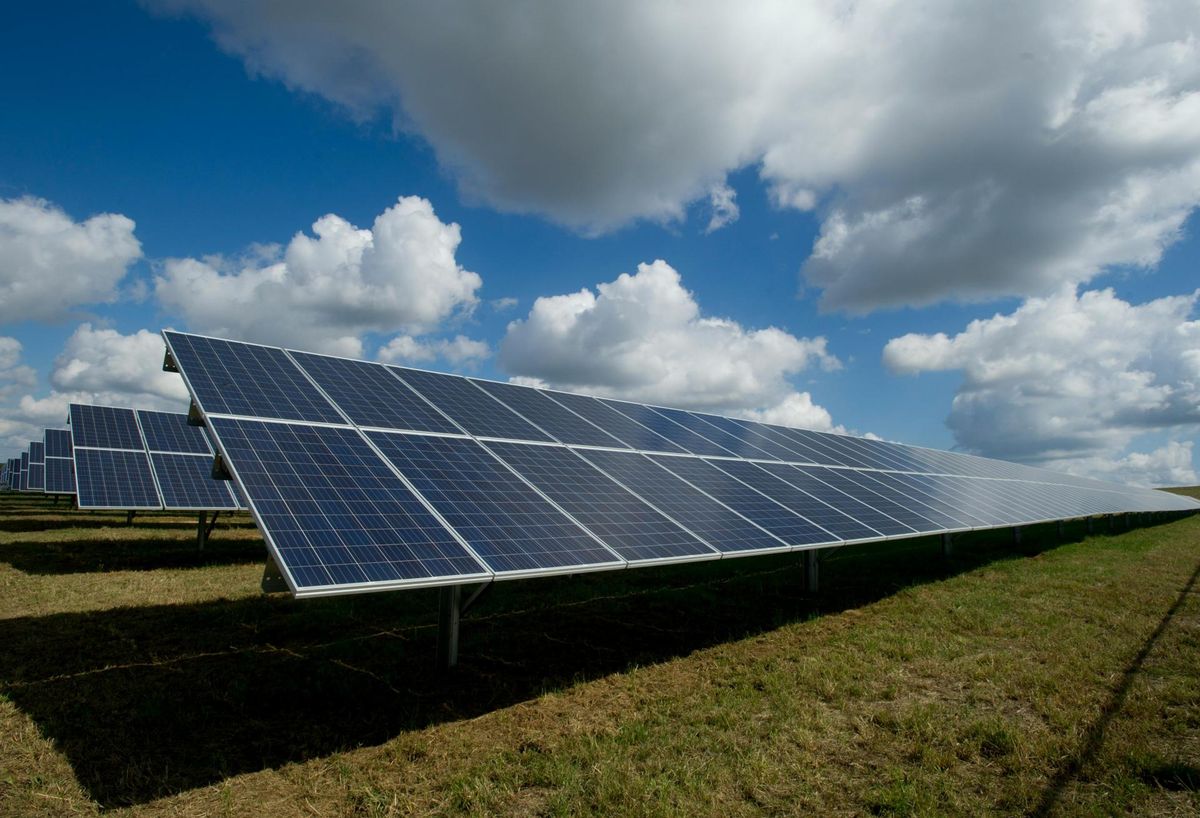
Green Energy Exodus: Billion-Dollar Projects Crumble as Investment Landscape Turns Toxic
2025-04-28 15:57:54
